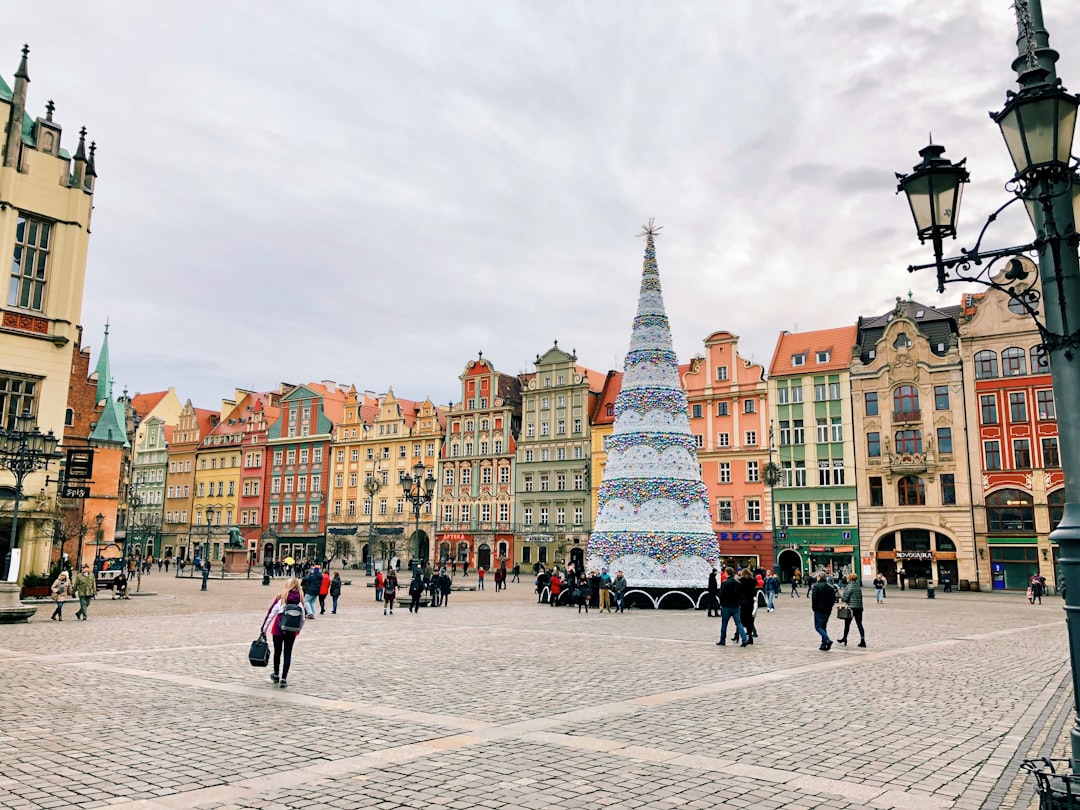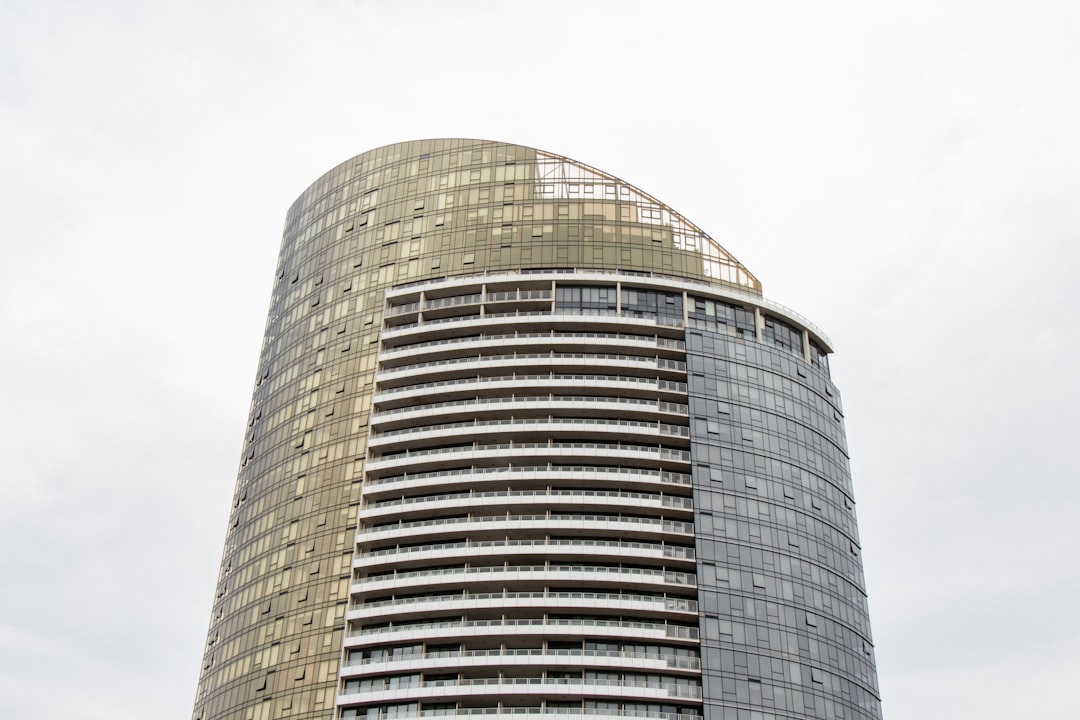What is it about?
How do formerly Eastern Bloc countries incorporate public participation in urban planning since the disintegration of the Soviet Union? Dr. Māra Liepa-Zemeša and Dr. Daniel Baldwin Hess address the challenge by investigating the development of the planning system in Latvia after the restoration of the country’s Independence (in 1991). The article traces changes in public perception of urban planning over two decades amid political change and during both economic upturns and downturns. The researchers use events in Latvia and the Baltic States to identify a series of growth stages that post-socialist countries used to establish urban planning systems that are inclusive, equitable, and free of corruption. In Latvia, city planners adapted to neoliberalization as they learned to manage and direct urban change and expand opportunities for public engagement in planning processes. But in the early 1990s, there was little or no homegrown expertise in democratic city planning, and foreign specialists played a critical role in helping Latvians address planning challenge that arose after the opening of borders. “In the ‘command economy’ of the Soviet Union, the term ‘planning’ suggested centralized authoritarian decision-making without public input, and it was a challenge for urban planners to subsequently educate the public about their ability to participate in public engagement exercises related to city planning,” said Dr. Hess. “People were suspicious and reluctant to participate,” added Dr. Liepa-Zemeša, “and it took a great deal of public education to help people become comfortable with the idea of participation.” Findings from the research suggest that trust among the public in leaders and processes is critical, and that the public is more willing to participate in urban planning activities after first achieving specific individual goals. The article also explores how elected leaders and professional planning staff in Latvia have improved planning by creating an integrated planning system, organizing public participation campaigns, promoting the development of NGO’s, and emphasizing local benefits of planning actions. The researchers describe how an enhanced atmosphere of inclusion lead to greater public participation in a recent initiative to create a new master plan for Riga, the Latvian capital city. “The complex political background of former socialist states is a fascinating place to study the evolution of public engagement in urban planning,” added Dr. Hess.
Featured Image
Read the Original
This page is a summary of: Effects of public perception on urban planning: evolution of an inclusive planning system during crises in Latvia, Town Planning Review, January 2016, Liverpool University Press,
DOI: 10.3828/tpr.2016.5.
You can read the full text:
Contributors
The following have contributed to this page










